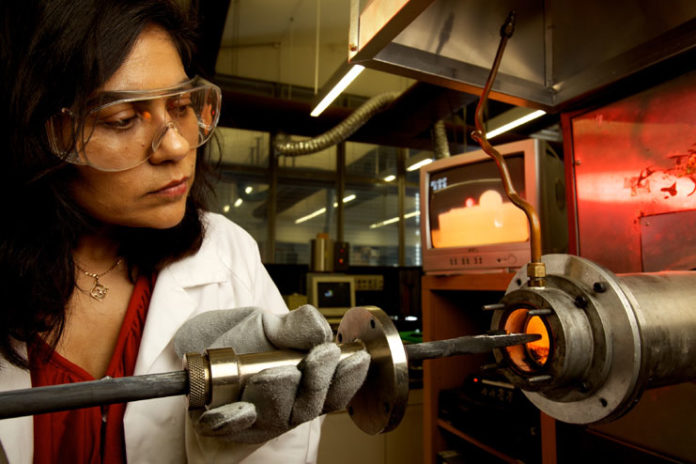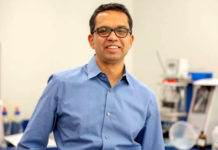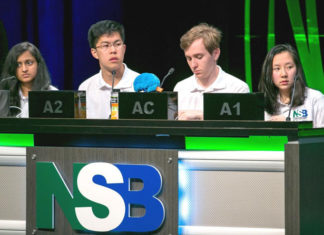An Indian-origin pioneer, Veena Sahajwalla, who made her mark in revolutionizing recycling science has been elected as new Fellows of the esteemed Australian Academy of Science this year among 21 eminent Australian scientists.
The Australian Academy of Science, a non-profit organization founded in 1954 said, they have honored for making momentous and enduring impact in their scientific disciplines.
It further said, their works reckon revolutionizing the way e-waste is recycled, changing the manner people believe about carbohydrate food, research that led to the sensing of gravitational waves and new insights into how the immune system may be controlled to devise new therapies for cancer and else diseases.
Sahajwalla, is currently the Associate Dean (Strategic Industry Relations) at the University of New South Wales (UNSW) in Sydney. She is as well associated with Australian Research Counsil as Laureate fellow. She has built a world-class research hub as Director of the Sustainable Materials Research and Technology (SMART) centre at UNSW.
In April, she set up a world’s initial e-waste microfactory, which has the potential to lessen the vast quantity of electronic stuff heading into landfill.
Congratulating the newly elected fellows, Australian Academy of Science President Andrew Holme said, “From 23 Founding Fellows in 1954, the election this year of our new Fellows brings our total number of living Fellows to 568. They join a prestigious group – six Nobel Prize winners and luminaries including Sir Mark Oliphant, Professor Nancy Millis, Sir Douglas Mawson, Professor Frank Fenner and Sir David Attenborough.”
The academy renders independent, authoritative and prestigious scientific proposal, promotes international scientific engagement, builds public consciousness and apprehension of science and champions, celebrates and assists excellency in Australian science.
By Sowmya Sangam














































